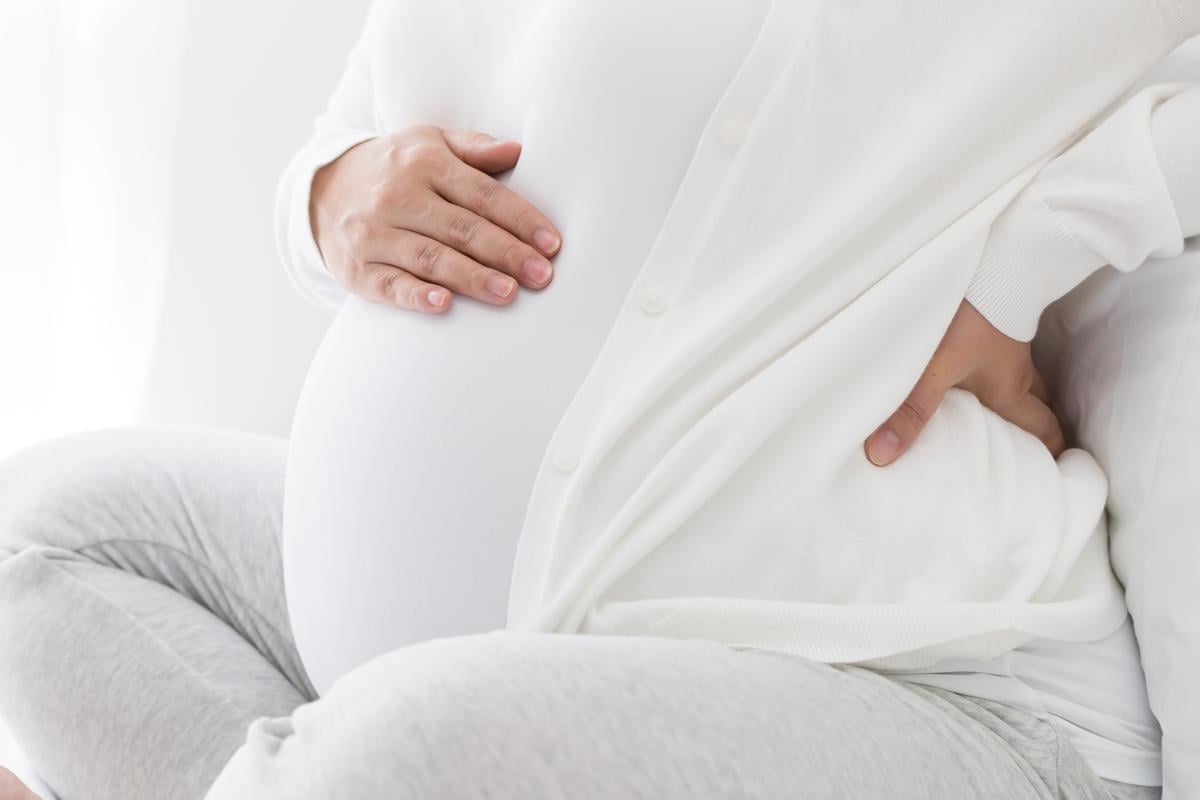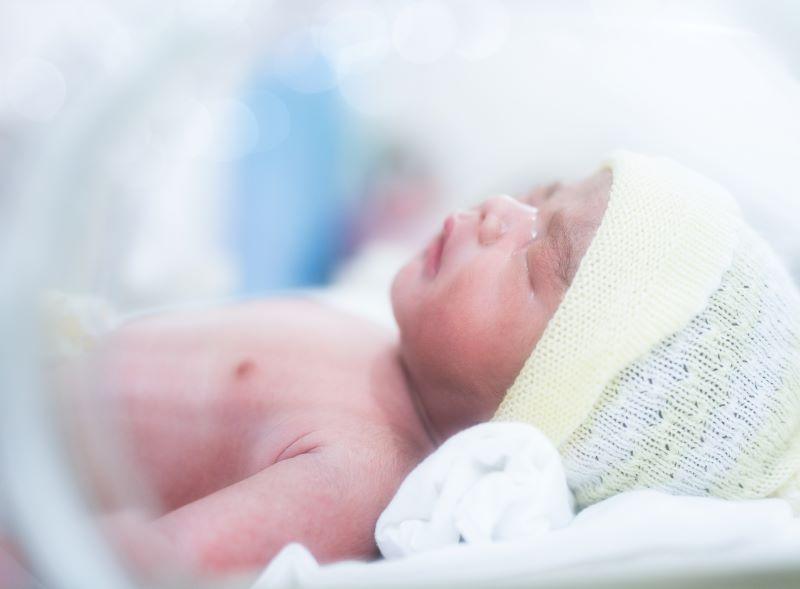
If Robert F. Kennedy Jr. is approved to head the U.S. Department of Health and Human Services, he will be free to revisit a long-debunked link between autism and childhood vaccines, President-elect Donald Trump said Sunday. The remarks came during an exclusive interview with “Meet the Press.” “I think somebody has to find out,” Trump… read on > read on >





























